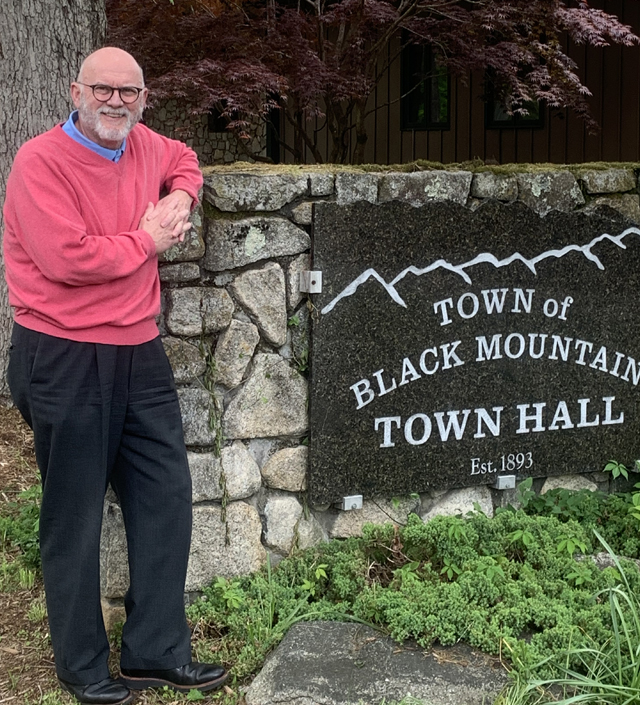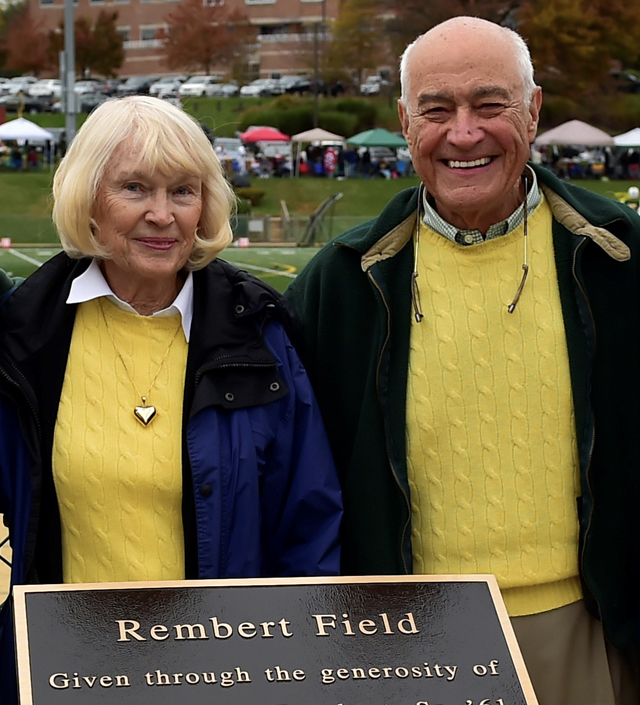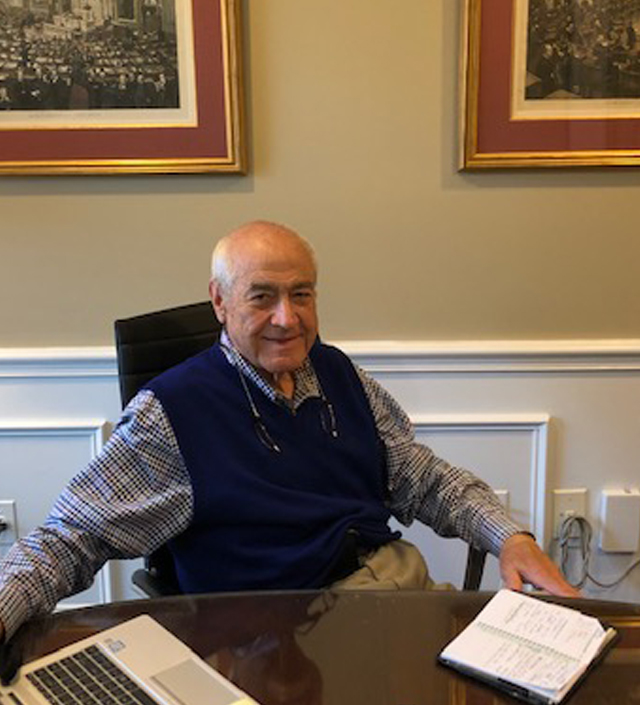Editor’s Note: This article is part of a series Rethinking65 is doing on older advisors who are continuing to work. You may also be interested in reading our articles on Don Rembert and Dick Wendin (both 82), June Schroeder (74) and Bob Connell (73). Want to suggest an advisor for the series? Contact Editorial Director Jerilyn Klein.
When Minoti Rajput moved to the U.S. in 1979 at age 27, armed with an MBA in finance and banking experience, she didn’t expect to have a difficult time pursuing the same line of work.
Back in her native India, Rajput, who turns 70 in October this year, had done business planning for small business owners who borrowed money from the bank. However, “what I did for the bank, when I was India, wasn’t quite happening here,” she says.
That didn’t stop her. Decades later, her financial planning practice is approaching $500 million in AUM and has been known for its leadership in special needs planning. Rajput has written a book and spoken countless times educating advisors and individuals on the subject.
But when she first arrived in this country, Rajput was told that in order to be a financial planner, she had to start by becoming a life insurance agent or a stockbroker — neither of which appealed to her.
“It also meant building a clientele, and the only person I knew here was my husband,” she says. And although her background was in business planning, “I did not know how to drive or dress for the business world in America,” she says. “The good thing was that I was knowledgeable and spoke English well.”
So Rajput “reluctantly” started in the insurance industry, with no prior experience in sales, working for the Mutual Benefit Life Insurance Company. And them something unexpected happened:
“I recognized my ability to sell,” she says. “But more than selling, it was my ability to constantly educate people and give them reasons why they should have certain plans or a product or a strategy.”
In her first year with Mutual Benefit, she was the No. 2 producer among the new insurance agents, she says. “I sold 84 policies that year,” she says — some smaller and some large. “Within three years, I was million-dollar roundtable qualified.”
She then got licensed in securities, earned her CFP credential “and the rest is history,” she says.
Still Actively Working
In 1990, Rajput founded Secure Planning Strategies, a hybrid RIA firm in Southfield, Mich., a Detroit suburb. Rajput no longer owns the firm, which has nearly $500 million in AUM. She sold it to her team in two tranches — a portion in 2017 and the rest of it at the end of 2020. She currently works for the firm 20 hours a week and collects a salary.
Rajput kept 85 of the firm’s clients after her initial sale and subsequently grew her practice to 103 clients over the next three years. She is still working with 42 of these clients along with her partners.
“They’re more complex cases; they have more family dynamics that can benefit from my seasoned counseling or life experiences,” she says.
Outside of Secure Planning Strategies, Rajput recently started working with a young female entrepreneur and would like to do more project work with this demographic because she sees this as a natural fit.
“In my mind, I’m always going to be an entrepreneur.”
“In my mind, I’m always going to be an entrepreneur,” says Rajput. “Mentally, I have a lot of energy and life experience that I want to share and give.”
She didn’t intend to develop this additional book of business, “but I just recognized that I enjoyed doing that, so if I had the capability of doing it, why not,” she says. She’s no longer looking for the million-dollar client, she says, but one for whom she can make a difference in their life.
“I’m a young 70,” says Rajput, who hopes to work another four or five years. “I sold my practice because it has a value, and it cannot be in my pocket if I don’t do something about it.”
“I sold my practice because it has a value, and it cannot be in my pocket if I don’t do something about it.”
She also felt ready to pass the reins to her teammates, Elinor Ho and Mehul Mistry, who’ve long been part of her succession plan. “It was time for them to start making the kind of money I was making,” she says.
Ho merged her practice with Rajput’s firm a decade ago, bringing her book of business, says Rajput. At that point, Rajput had spoken with Ho for more than a year and recognized she would be a good match. Mistry, Rajput’s nephew, joined her in 1999 after getting his feet wet as a registered rep at American Express Financial Services.
“I was the rainmaker,” says Rajput, who began to hone this skill while wearing out shoe leather during her life insurance days.
Back then, “my initial clients all came from cold calling, walking through industrial parks, knocking on the doors, offering to analyze their health insurance plan and see if they had any retirement plan or buy-sell agreements and things like that,” she says.
Within 10 years, she built up a practice that included physicians and small business owners, including “mom and pop shops,” she says, “but I started to get pretty antsy that this is getting to be quite mundane doing the same thing; I needed to add another component that would put me set me apart from other advisors.”
Originally she thought about building a niche in divorce planning, but then she “stumbled upon” special needs planning.
“It’s almost like when you want something badly, the stars in the universe collide and things happen,” says Rajput. “In 1989, three months in a row — January, February, March — three different families came to me for their regular planning, and during fact-finding I found that each one of them had a child with special needs, and they had no clue what to do.”
“This was my aha moment,” says Rajput. She connected with a Boston-based financial advisor, Phyllis Kramer, who at that time had been doing special needs planning for seven or eight years; Kramer agreed to teach Rajput. “She came to Michigan for two years, every other month, says Rajput. “We did workshops together, we had a business agreement.”
Rajput, author of the book “Beyond a Parent’s Love: Lessons Learned in Life-Planning for Special Needs Children,” says she was the first advisor in the state of Michigan to specialize in comprehensive special needs planning.
Helping Women Take Charge
As much as she is passionate about special needs, she says, “I’m equally fascinated and passionate about women taking charge of their lives, whether they are married or otherwise.”
Rajput has come across professional women who are “making very good income, but they have no concept, they have no interest,” she says, in investing and planning for their financial future. “Many of them just keep the money in the bank.”
“I’ve got to find a way to reach this population,” she says, so she has been trying to educate herself on social media. Her daughters, a corporate lawyer and a physician, “really like the idea that I’m getting involved and educating other women and making them empowered on money matters,” she says.
One group Rajput hasn’t worked with much is clients from India.
“The reason Mutual Benefit hired me is they thought with so many Indian physicians and the newly rising population, I would do well with that community,” she says. “They were wrong.”
That’s because in the early 1980s many immigrants from India “had, emotionally, one foot here and one foot in India,” she says. “If you asked a woman. ‘What would you do if you lose your husband’ — first of all, they’d say, culturally, ‘Oh, how can you talk like that?’ — but then they would say, ‘I think we’d just go back to India.’”
“And I said, ‘I can’t work with this community yet, they’re not ready; when they’re ready, they will reach out to me and I will be glad to help them.’ So I moved on.” She now has several clients of Indian origin.
More Time for Personal Pursuits
Prior to the Covid-19 pandemic, Rajput and her husband (a retired mechanical, hydraulic, and aerospace engineer) traveled to India every year to visit her mother-in-law, who is 97. They’re hoping to go see her when it is possible to visit India, which has restricted travel during the pandemic and is undergoing a devastating second wave of the virus.
“I am passionate about travelling. I have travelled to all seven continents and am glad the doors will open again, now that people are getting vaccinated,” says Rajput. For now, she is excited about her plans to visit one of her daughters in the Pacific Northwest. Sante Fe, N.M., and Panama are also on her possible travel list this year.
Rajput is catching up on things she enjoys but hadn’t had enough time to pursue. She continues to learn Spanish and recently took an eight-week online class on creative writing. “Even though I have written a book, this was immensely helpful,” she says. “It was tough, but I enjoyed it.” She plans to take another writing class, sometimes knits and has watched a lot of Netflix and Amazon Prime streaming. Lately, she has also had more time to reflect.
“I became an entrepreneur by default: I wasn’t a born one, but once I did that, it just ran in my blood very quickly,” says Rajput. “And I’m so glad. I would not have worked very well in a corporation, because I would be butting heads with men all the time.”
Jerilyn Klein is editorial director of Rethinking65.







